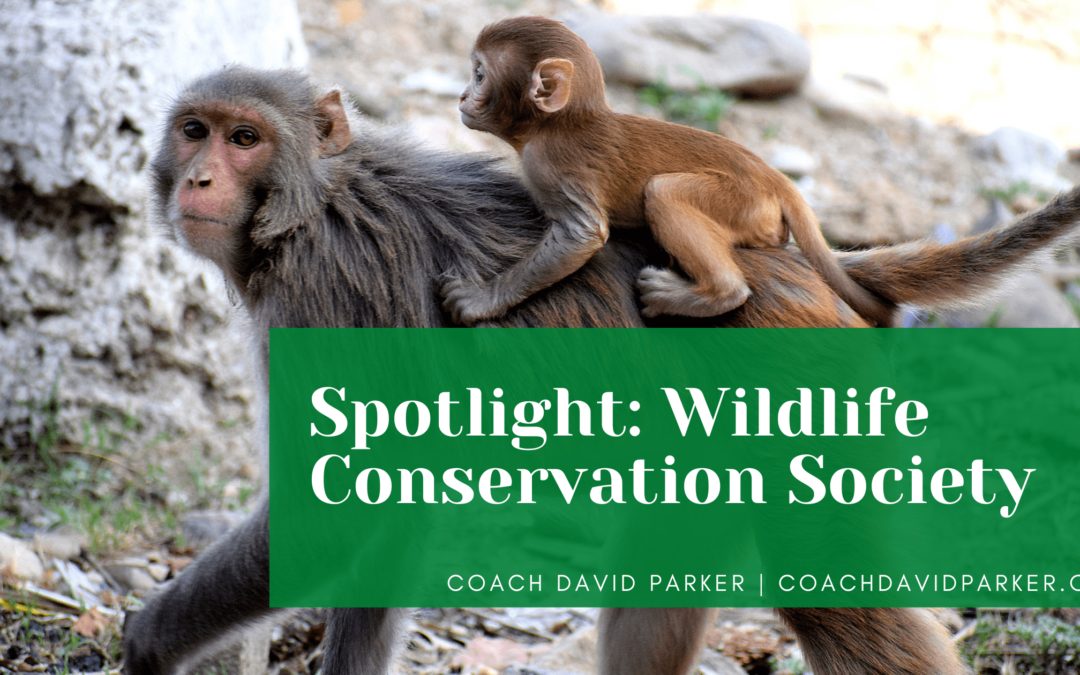The number of people on Earth has increased significantly over the past centuries. By 2050, it is estimated that the global population will reach over ten billion. This will fill almost all the oceans and cover nearly all the land. Our actions and movements are the prevailing reality of the planet. Almost half of the people in the world live in cities. These places provide a window into nature, and their actions affect the planet. The demands for water and food have a global reach.
The World Conservation Society (WCS) is focused on conserving the world’s largest wild places. Through its scientific expertise, we can help protect these areas and inspire others to take action. This knowledge helps us connect with those who care about these places and develop effective conservation strategies.
Vision and Mission
The World Conservation Society aims to help people understand the importance of preserving the world’s wild places through its various programs, including education and scientific expertise. It is also dedicated to protecting the diverse habitats vital to the planet’s health.
Work
Over the past century, the World Conservation Society has established a long-term presence in the last wild places in Asia, Africa, the Americas, and Australasia. Through its partnership with governments and other organizations, they have been able to protect these areas due to their unique biodiverse and resilient nature. By learning how to save nature, people can inspire others to take action and improve the quality of life for all of the planet’s animals.
In 1989, the World Conservation Society launched the Field Veterinary Program, the first of its kind. This initiative was designed to address the increasing recognition of the importance of wildlife health in development and conservation. Through this program, the organization expanded its scope of work and addressed various threats facing the world’s animals.
Conclusion
The importance of conservation will continue to be acknowledged as the world’s science continues to evolve. In the coming decades, various threats will be faced by the world’s animals, such as climate change and the increasing pressure from urbanization. Besides these, other factors such as Ebola will also affect the health of the planet’s wildlife.
Through its extensive research portfolio, the World Conservation Society will continue to be able to influence the policies and actions needed to address the various threats facing the world’s animals.
